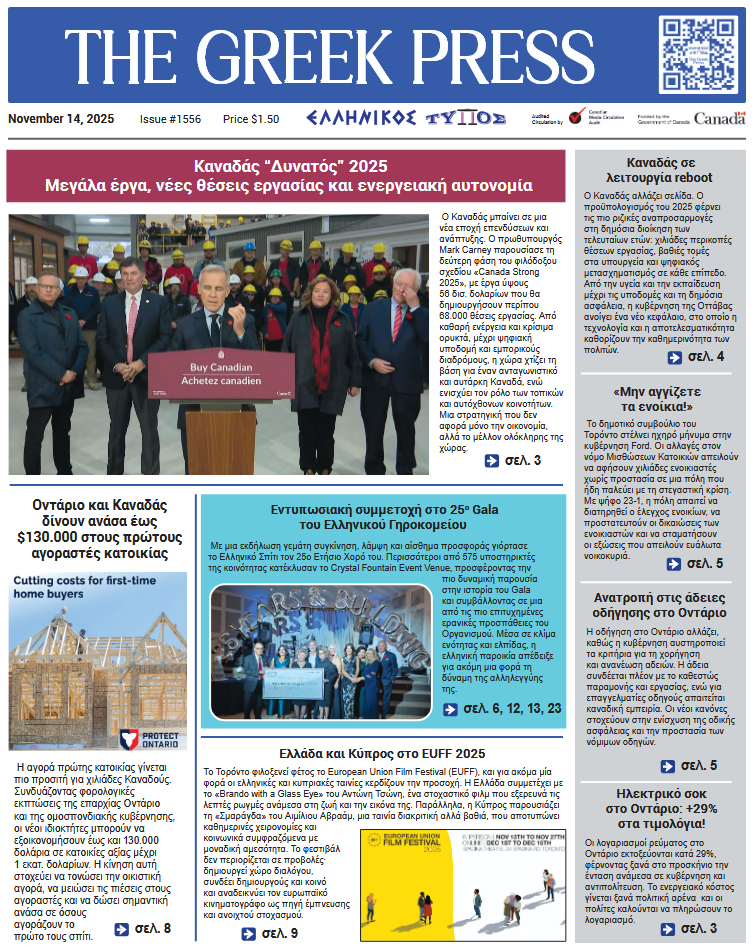 CLICK TO VIEW THE WHOLE PUBLICATION ONLINE
CLICK TO VIEW THE WHOLE PUBLICATION ONLINE
In 2016 Ivo Van Hove directed a transformative production of Hedda Gabler at England’s National Theatre. The production was recorded and is available for streaming. It is a brilliant work that is worth seeing numerous times if you want to absorb all the details of this production and version of Henrik Ibsen’s play by Patrick Marber.
The emphasis is, of course, on Hedda Gabler, the daughter of a dead general caught in an unhappy marriage and feeling as if she were trapped in a cage. Ruth Wilson is tasked with portraying this complex character and the result is a stellar and unforgettable performance. Hedda was a bully at school and later married Tesman (Kyle Soller) because she was getting old and had a stormy relationship with Lovborg (Chukwudi Iwuji) a brilliant writer that failed.
Wilson’s Hedda is beautiful and sexually magnetic. She wears only a slip that is a times imperfectly covered by a housecoat. She is in turn rude, crude, vicious, desperate and living in a fantasy world where she seeks Dionysian ecstasy even if it is in suicide. In reality, she lives in an ordinary apartment, almost unfurnished and facing financial difficulties. Her fantasies and reality are separate.
She treats her husband Tesman with contempt. Tesman is an anthropologist working on the role of domestic handicrafts in medieval Brabant. That sounds boring and Tesman may be seen as an ineffectual and dull person. Hove’s direction of Soller does the opposite. This Tesman is young, lean, fit, agile and does not hesitate to yell at Hedda. Hove’s approach is superb and Soller’s performance excellent as he puts up with Hedda and the fact of his professional and financial problems.
Rafe Spall is terrific as Judge Brack, a friend of the Tesmans who helped them financially but is also a sexual predator who wants to seduce Hedda. However, this is more than sexual conquest. He wants power and control over her.
The other man in Hedda’s life is the brilliant Lovborg, a reformed alcoholic who has just written a masterpiece not about medieval objects but a visionary work about the future. Hedda wants to destroy him. Iwuji gives an impassioned performance about a man who has come from the depths of failure to almost the height of success and is subsequently destroyed. Hedda gives hm a gun and wants him to end his life heroically with grape leaves on his head like a mythical satyr. Iwuji is brilliant in the role.
Mrs. Elsvsted is the antithesis of Hedda. She is decent, protective and brave. Unlike Hedda she got out of an unhappy marriage and found true love, friendship and comradeship with Lovborg. Sinead Matthews gives us the kindness and sympathetic qualities of Mrs. Elsvsted in a fine performance.
The set and lighting by Jan Versweyveld consist of bare walls that have been taped in preparation for painting but have not been painted yet. There is a dilapidated piano, a couch and a few chairs but the place indicates that the Tesmans do not have the money to buy furniture. One of Hedda’s complaints is that they do not belong to “society” because they cannot afford it. As a general’s daughter, she was raised in that society and now there is no butler, no horse and just about nothing except for the general’s pistols which will be put to good use.
There are issues when you bring a play from the nineteenth century and place it in the twenty-first. The Tesmans have a fancy doorbell system where the visitor is seen when he arrives. But when Tesman’s Aunt Berta (Kate Duchene) wants to inform Tesman that his aunt is dying. She sends a hand-delivered letter. There are no phones. There is some awkwardness in our acceptance of Hedda’s entrapment but we abandon all such doubts.
This is a production that is worth seeing repeatedly.
Hedda Gabler by Henrik Ibsen in a new version by Patrick Marber directed by Ivo Van Hove for the National Theatre in 2016 is available for streaming at https://www.ntathome.com/































